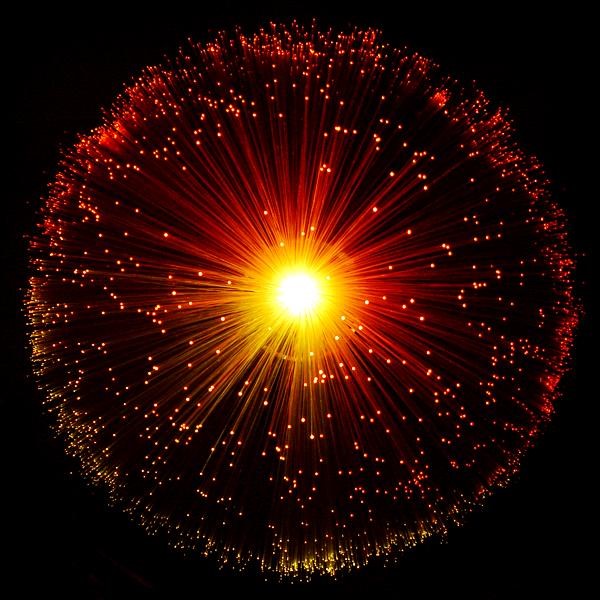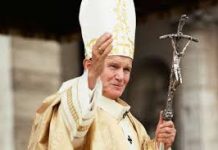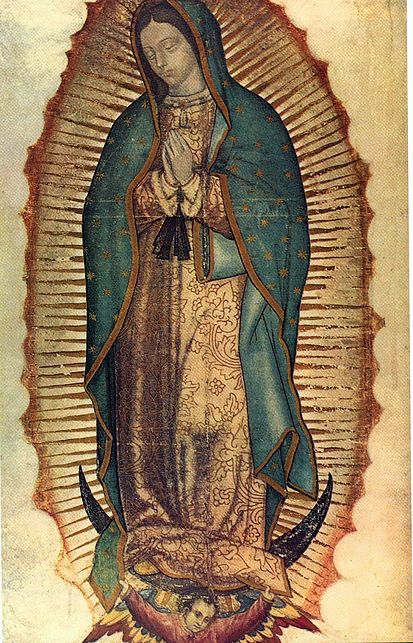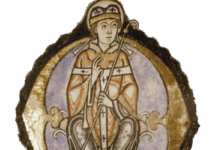Recently I was asked by an atheist friend to point to just one passage in Scripture for which there is a single piece of evidence to corroborate any scientific discovery ever made. I was happy to oblige by citing the first words from the mouth of God. “Let there be light!” (Genesis 1:3) That was the first act of creation on the first day of creation. That “day” was before the creation several “days” later of the sun, the moon, and the stars. So this light of which God speaks must be another kind of light, the “stuff” from which the galaxies and their stars and planets would later be made.
Now before the twentieth century nobody in the scientific world knew anything about this supposed light that was present at the start of the universe because for the most part scientists in modern times were reluctant to believe the universe did have a start. Einstein, for example, believed the universe was uncreated and eternal. It took some doing to get him to change his mind. When he formulated his famous theory of relativity, he made sure the mathematics of the theory reflected his conviction that the universe always existed. But Einstein was not the best mathematician in the world, as even he was the first to admit.
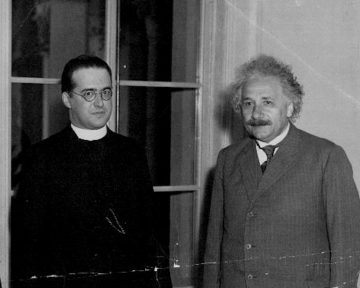 Then along came a young Catholic priest from Belgium, Georges Lemaître, who had just earned his doctoral degree in mathematics at Massachusetts Institute of Technology. Lemaître proved that Einstein’s mathematical formula was “fudged” to make it appear that the universe was eternal. Einstein at first refused to admit his error. Then additional facts came to light, such as the observation through Hubble’s telescope that the galaxies are all moving away from each other. It didn’t take astronomers long to figure out that if this was so, the universe, going backward in time, started out as a very small “singularity” more than thirteen billion years ago, a hypothesis formulated by Father Lemaître in what he called the ‘primeval atom’. In other words, contrary to Einstein, there was a Creation event for the universe.
Then along came a young Catholic priest from Belgium, Georges Lemaître, who had just earned his doctoral degree in mathematics at Massachusetts Institute of Technology. Lemaître proved that Einstein’s mathematical formula was “fudged” to make it appear that the universe was eternal. Einstein at first refused to admit his error. Then additional facts came to light, such as the observation through Hubble’s telescope that the galaxies are all moving away from each other. It didn’t take astronomers long to figure out that if this was so, the universe, going backward in time, started out as a very small “singularity” more than thirteen billion years ago, a hypothesis formulated by Father Lemaître in what he called the ‘primeval atom’. In other words, contrary to Einstein, there was a Creation event for the universe.
Over the next few decades, as the Big Bang theory was refined, astronomers reasoned that the universe began as a magnificent burst of light. The famous astronomer Carl Sagan explained in his book Cosmos that the universe began with the explosion of a “cosmic fireball” that produced universal light from “gamma rays to X-rays to ultraviolet light, through the rainbow colors of the visible spectrum into the infrared and radio regions.”
It appears, then, that the often much publicized differences between the truths of Scripture and the truths of Science are not always as they seem. Einstein later conceded that he had made the biggest blunder of his life, one that was duly corrected by a Catholic priest whose mathematical genius affirmed the likelihood of the great Creation event described in Genesis.
The astronomer Robert Jastrow in his book God and the Astronomers has eloquently phrased the dilemma for those who think reason is always ahead of religion in all things scientific.
“For the scientist who has lived by his faith in the power of reason, the story ends like a bad dream. He has scaled the mountains of ignorance; he is about to conquer the highest peak; as he pulls himself over the final rock, he is greeted by a band of theologians who have been sitting there for centuries.”

